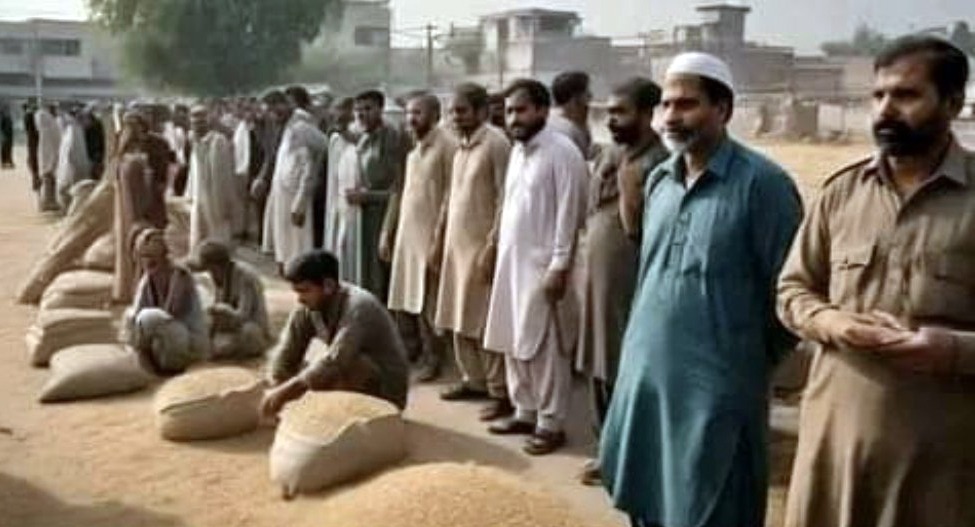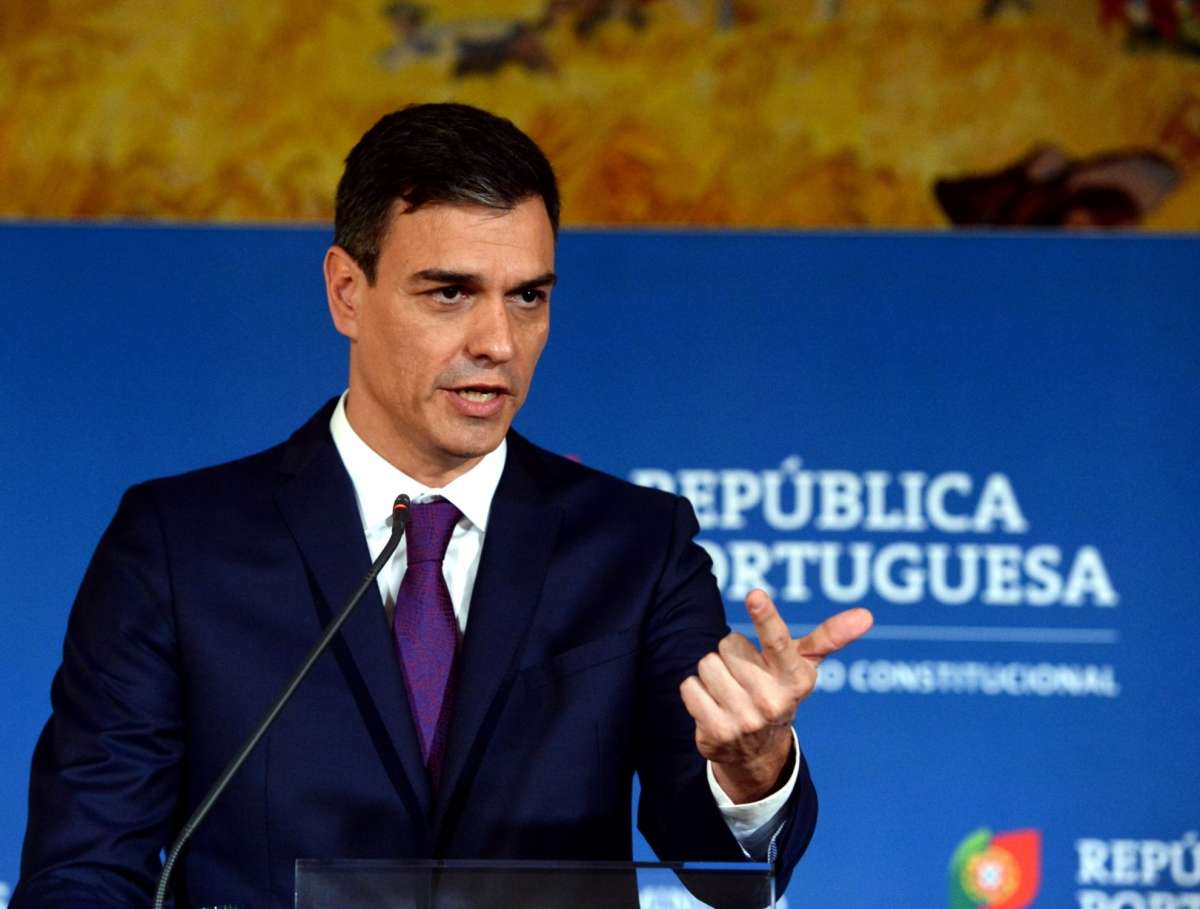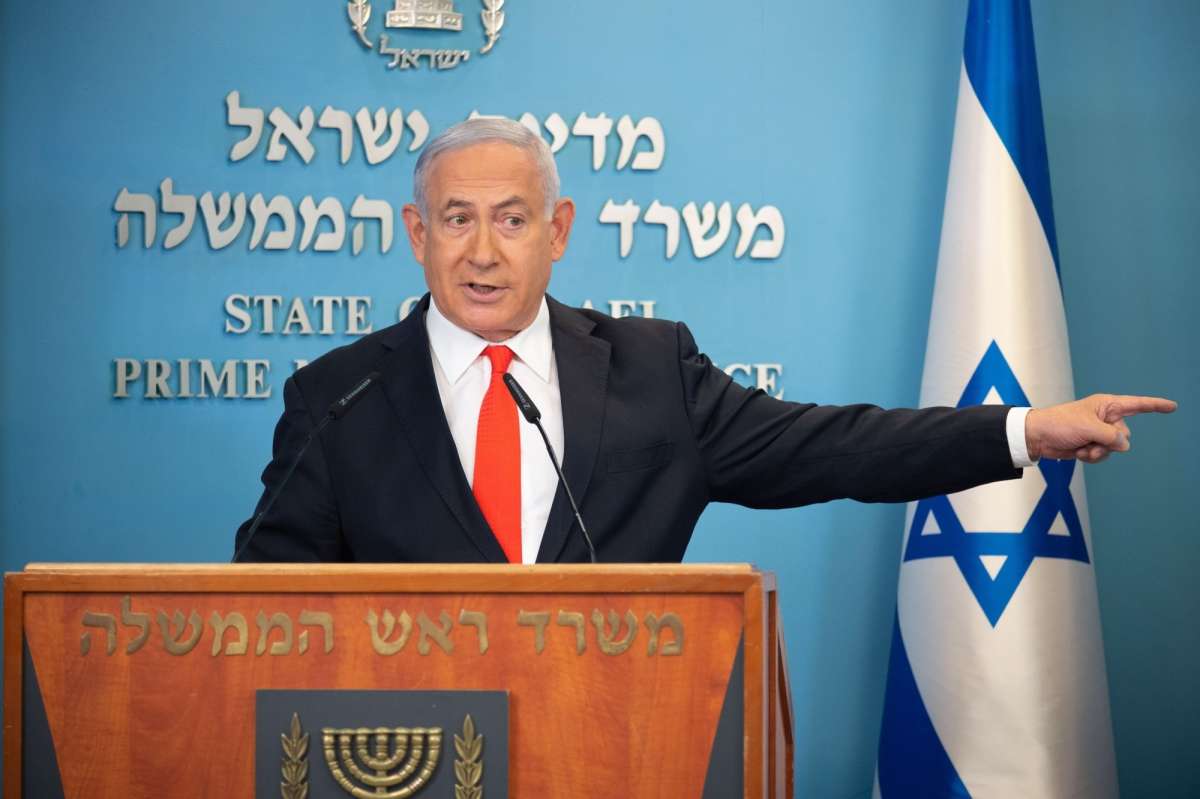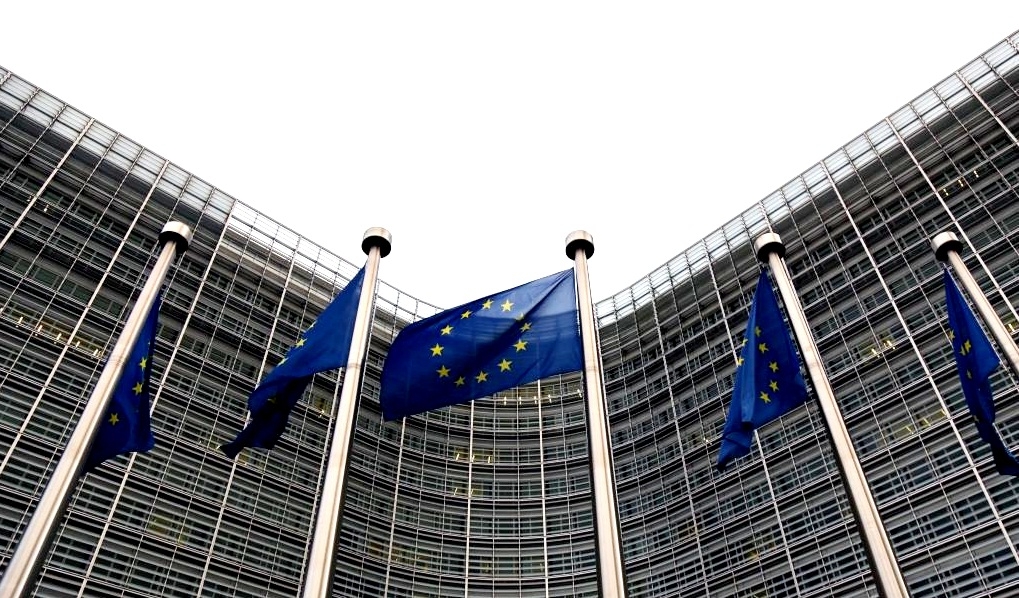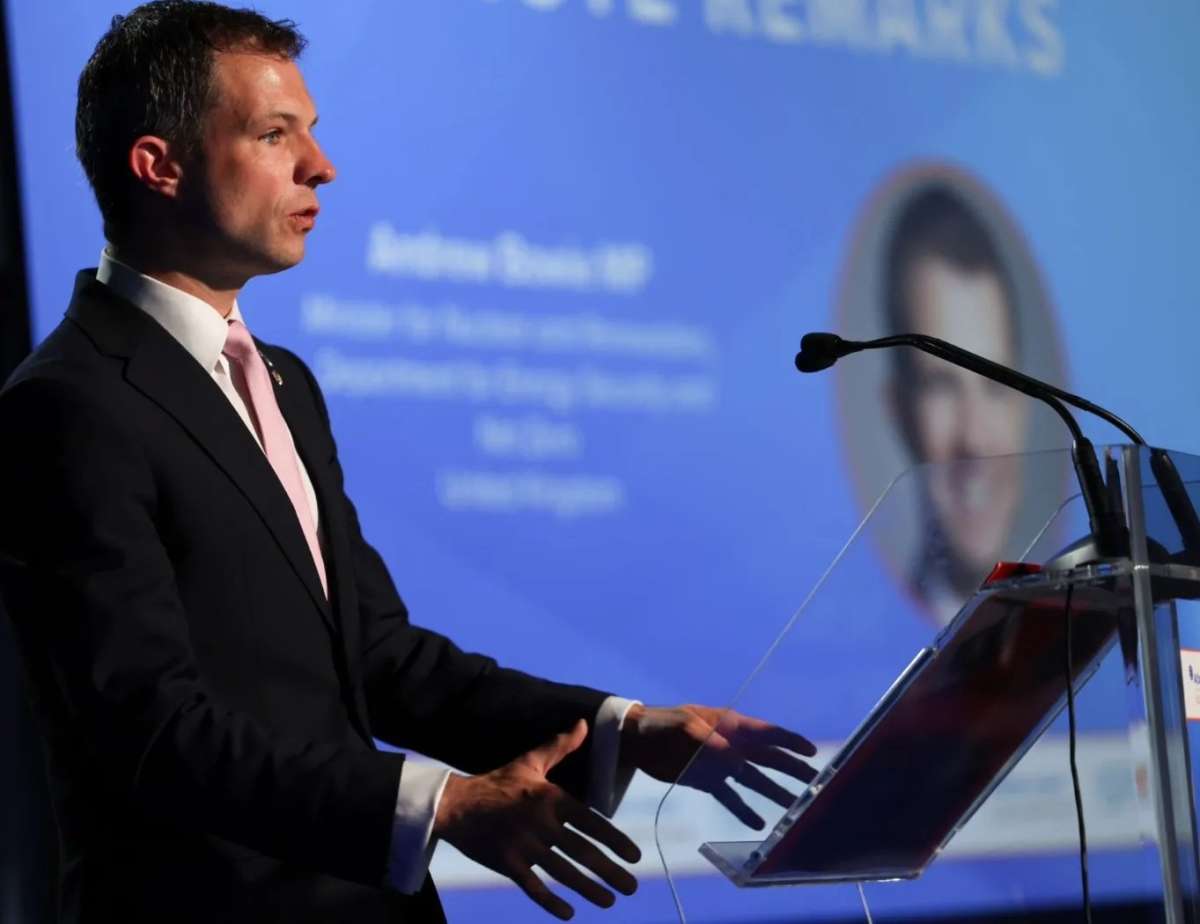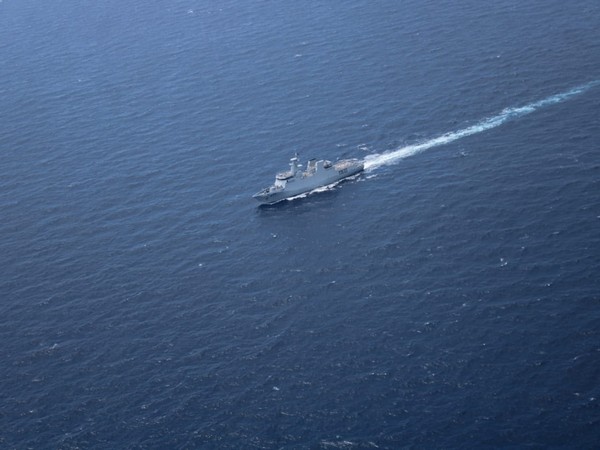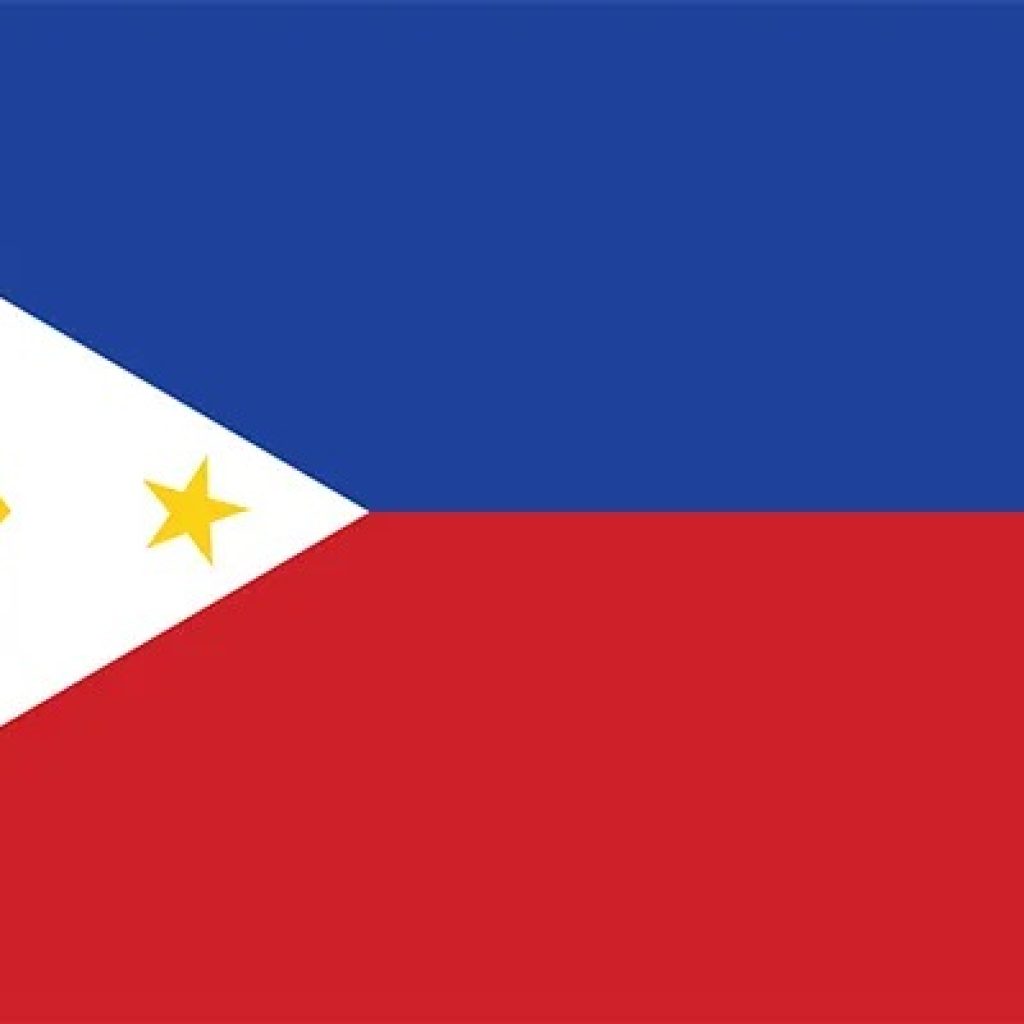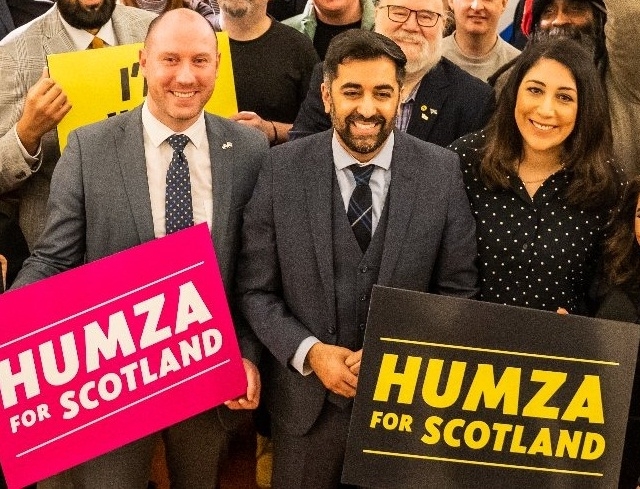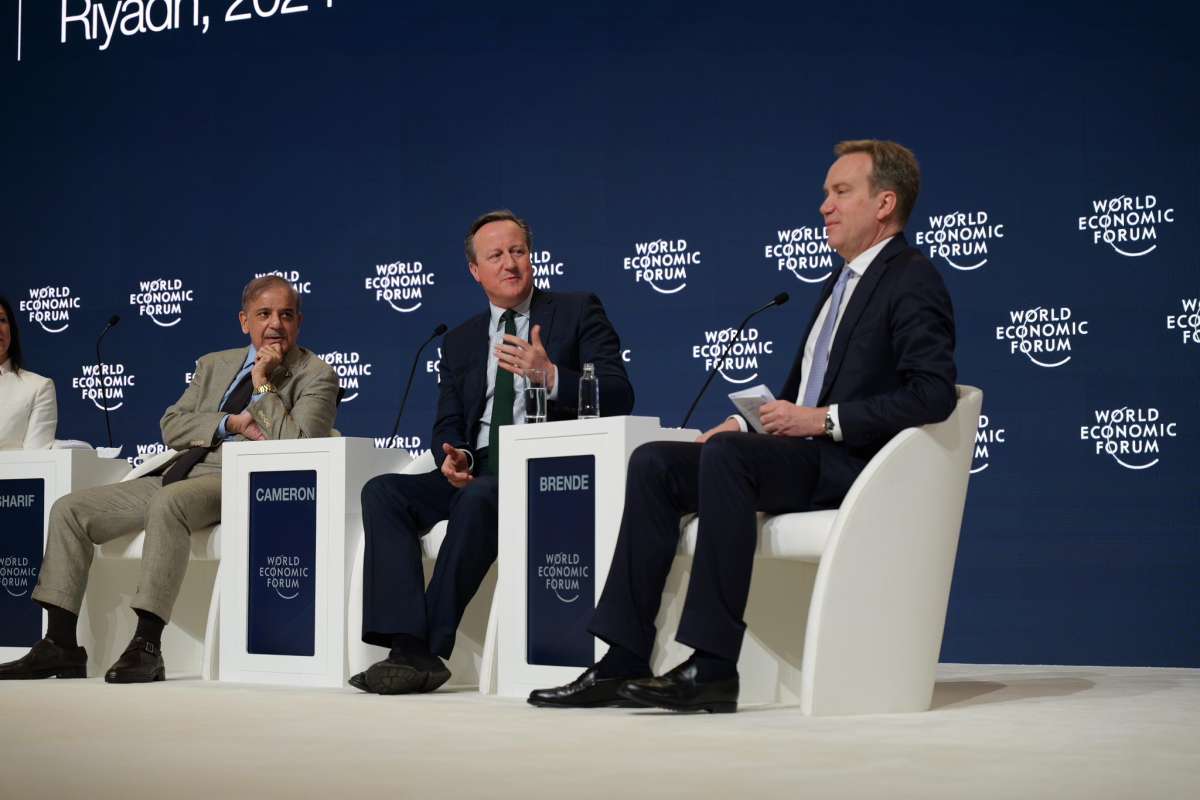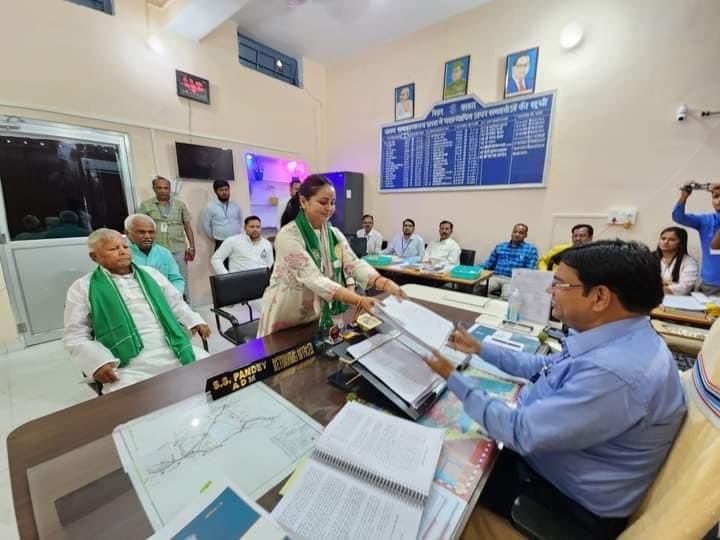The farmers insist that they sowed wheat crops to complete the requirement of the government, knowing that their ready wheat grains would be bought as per commitment….reports Hamza Ameer
The provincial government of Punjab, under Chief Minister Maryam Nawaz Sharif along with the Federal government under Prime Minister Shehbaz Sharif are faced with a major challenge of farmers, who are fast garnering political support and gaining stronger momentum against what they term as the government’s unfair wheat procurement policy.
Pakistan Kissan Ittehad (PKI), a party representing the agriculture sector of the country including farmers, has slammed the government for failing to fulfill its commitment to purchase grain and reverse its decision to reduce the provincial procurement quota from over 4 million tonnes to 2.3 tonnes.
The issue, under contemplation between PKI and the provincial and federal government for over a month, has not triggered a massive anti-government protest campaign with a large number of farmers who have decided to not give anymore breathing space to the government and stage strong protests in Punjab.
The farmers insist that they sowed wheat crops to complete the requirement of the government, knowing that their ready wheat grains would be bought as per commitment.
However, they say that as their wheat crops are ready, the government is now reluctant to buy them, leaving the crops at the behest of the ongoing rains, which have already destroyed thousands of acres of ready-crop fields.
On the other hand, the Punjab government seems to have no answers to the farmers’ demands and seems to have opted to counter the fast-intensifying protests by the deployment of heavy contingents of police and anti-riot squads to stop protesters from blocking main roads and highways.
The government maintains that it already has a stock of at least 2.3 million tonnes of wheat, highlighting that it cannot procure 4 million tonnes this season, putting the blame on the caretaker government.
“The caretaker government imported around 3 million tonnes of wheat, which was more than the requirement of the province. This led to a huge carryover stock, leaving little capacity. This was why the Punjab government decided to slash the procurement target by half,” said a senior government official in the Punjab province.
“The caretaker government also introduced a mobile application, a new procedure for applying to sell wheat to the food department. It conveniently ignores the fact that the majority of the farmers in the rural population are now well-versed in technology,” he added.
While the current government’s blame on the caretaker setup doesn’t sit well with the farmers, the government added to its blunders by stating that it would only issue six bags per acre only to those who owned up to six acres of land.
“Despite the fact that farmers are now versed with technology, over 400,000 wheat growers applied for gunny bags. But even then, the government tried to beat around the bush saying it would only give 6 bags per acre to those who own six acre of land. This decision is nothing but based on mala fide intentions,” said Mian Umair, General Secretary of Kissan Itehad.
“Owners of six acres of land rarely sell their wheat to the government because they retain almost half of the produce for domestic use and the rest is meant for aarti (middleman), fertilizer, and pesticides dealers from whom they had made purchases for their field on credit,” he added.
“The government delay in procurement has also given an open opportunity to the aartis to exploit the already crashed local market and buy wheat from growers are much less than the fixed price of Rs.3,900 per 40kg,” said Mian Umair, adding that the farmers will not wait any further and will stage massive protests across the Punjab, blocking main highways and choking the whole Punjab province.
The call for protest by the farmers has attracted support from opposition political parties including Jamaat-e-Islami Pakistan and Pakistan Tehreek-e-Insaf (PTI), who have slammed the Punjab government on its unfair policies and recent arrest of scores of farmers, who were protesting against the Punjab government in Lahore on Monday.
“More than 250 farmers were arrested by police in Lahore on Monday. Many such arrests were also made in Khanewal, Vehari, Kasur, Multan, Rahim Yar Khan, Sadiqabad, Pakpattan, Sahiwal District and Muzaffargarh,”
The government’s main opposition party Pakistan Tehreek-e-Insaf (PTI) has announced its all-out support for the farmers’ protest and has said it would join the anti-government protests.
The farmers, along with PTI and Jamaat-e-Islami (JeI), have called for more protests, in which they say they would block highways across the province.
As the protests continue to gain more momentum, the government seems to be running out of options on how to deal with the worsening situation and anti-government sentiment.
The Punjab government claims that while it is in contact with the people who it claims are the real representative bodies; it accused the opposition political parties of making use of the situation and joining the protests for political purposes.
ALSO READ: Media Freedom Under Fire in Pakistan

